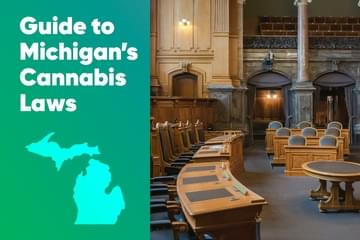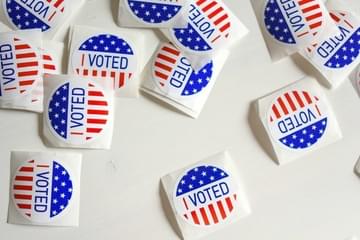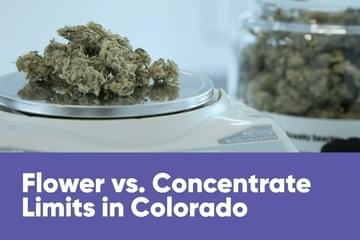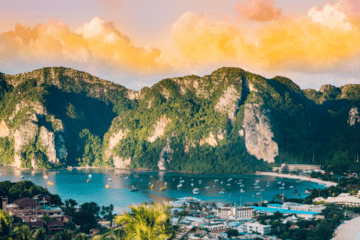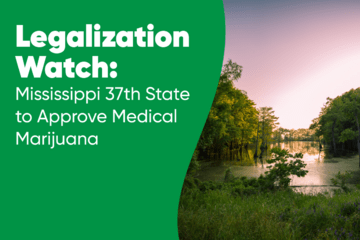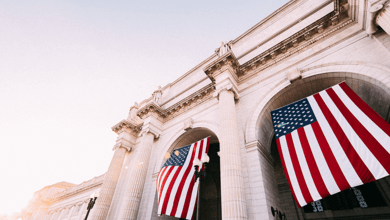
Why Do Legislators Want to Regulate THC Limits?
Published on 4/18/21
In the world of weed, tetrahydrocannabinol (THC) reigns supreme. It is the most active compound in cannabis, and it is primarily responsible for what draws us to marijuana. Strains that have elevated levels of cannabidiol (CBD) are beginning to make inroads in the market, but it is the power of THC that currently dominates consumer behavior. Whether you are a medical patient who requires a higher level of THC to mitigate pain symptoms or a newbie stoner hitting a dispensary for the first time, more often than not, you want something with plenty of THC.
Access to those types of strains has become easier over the last several years as the legalization and reform movements have claimed substantial success both in state legislatures and via public opinion. It has not been all smooth sailing, though, as a disturbing trend is quietly developing in government and the private sector: the idea of imposing restrictions on the levels of THC in cannabis and cannabis products upon which patients rely and consumers enjoy.
Reports of the potential for caps on marijuana potency have recently popped up in the news and the idea received an unfortunate boost earlier this month when the U.S. Senate's bipartisan (led by Diane Feinstein (D-CA) and John Cornyn (R-TX)) Caucus on International Narcotics Control met and decided to take look at cannabis issues like impaired driving, impacts on public health, youth use and THC content.
As a result of their analysis, the Caucus recommended (among other suggestions) that The National Institutes of Health (NIH), jointly with the Food and Drug Administration (FDA), increase research on the short-and long-term impacts of the use of high-THC marijuana and make a recommendation regarding whether states should implement caps on THC potency.
The press release on Cornyn's website uses the term "urges" instead of "recommends." This type of suggestion by a Caucus led by congressional heavyweights and anti-marijuana politicians like Feinstein and Cornyn is troubling. While Feinstein famously backed away from her stance when facing a tough reelection challenge in 2018, she is still considered to be against legalization. "Federal law enforcement agents should not arrest Californians who are adhering to California law," Feinstein said at the time in a rather tepid show of support for cannabis use in her state.
THC Limits and Public Safety
 Unsplash
UnsplashIn the same interview, Feinstein said that she wanted to ensure that California had strong safety rules to prevent impaired driving and youth access like other public health issues like alcohol. The report from her and Cornyn's caucus also referenced the danger of THC for pregnant women and kids' developing brains. These are the same talking points that were raised by the anti-legalization crowd when states began to decriminalize. There is no evidence that a cap on THC levels would limit access to potent cannabis for children or pregnant women, nor would it cut down on those who drive under the influence. In fact, it would most likely lead to a return to the dominance of the black market as consumers would ignore weak legal options in search of something stronger and more effective. The fallout could be disastrous from a public health and safety standpoint because illegal cannabis and cannabis products are unregulated and can contain dangerous chemicals and other additives. Cannabis with adequate THC levels has also proven to be an alternative to opiates in the fight against chronic pain. In a nation suffering from an opiate addiction crisis, removing the far safer option of effective medical marijuana would be a grave mistake.
THC Limits and Medical Marijuana
Too much THC is rarely an issue for medical marijuana patients and THC limits by state legislatures would be problematic across the industry. Medical patients rely on certain levels (normally above 18%) of THC to alleviate their symptoms. The cannabinoid provides the strongest medicinal benefits for patients, but it also interacts with other cannabinoids in the body and in marijuana to provide an entourage effect that can be critical to easing pain, anxiety, inflammation and other ailments. Patients restricted to marijuana with low THC levels would be forced to spend outrageous sums of money to consume far greater amounts in search of relief - or simply bypass the legal options completely.
THC Cap Measures in the U.S.
 Unsplash
UnsplashColorado was one of the first states to legalize cannabis and it was also one of the first to see efforts to cap THC levels by anti-marijuana activists in 2016. An amendment to House Bill 1261 reauthorizing rules for recreational dispensaries was proposed to prevent stores from selling marijuana and marijuana products with more than 15% THC. The proposal failed, but it provided a blueprint for other prohibitionists to take up the cause.
In 2020 alone, bills were introduced that would limit THC levels in cannabis products in Arizona, Iowa, Washington, Florida and again in Colorado. All of the bills failed, but lawmakers are expected to simply reintroduce the measures as soon as possible. Florida is currently leading the charge, with a new provision limiting THC content introduced earlier this month.
Caps that currently exist vary significantly. At one end of the spectrum, Iowa has a medical marijuana program on the books, but the sale of flower remains illegal. Patients are limited to just 4.5 grams of total THC in either vape, capsule or tablet form for 90-days. That's not a lot of THC when spread out over three months. Conversely, Vermont has caps that are far more realistic for its medical marijuana community. Flower can contain up to 30% THC and concentrates up to 60%.
The interest in limiting THC amounts is discouraging, but not surprising. Legalization efforts and societal acceptance of cannabis have been increasing at such a rapid pace that some backlash from prohibitionists was inevitable. Hopefully, the efforts to re-criminalize cannabis products with higher levels of THC will not garner any significant support.
What are your thoughts on THC limits by the government? Are they allowed to do this? Will it stick? Let us know below!











